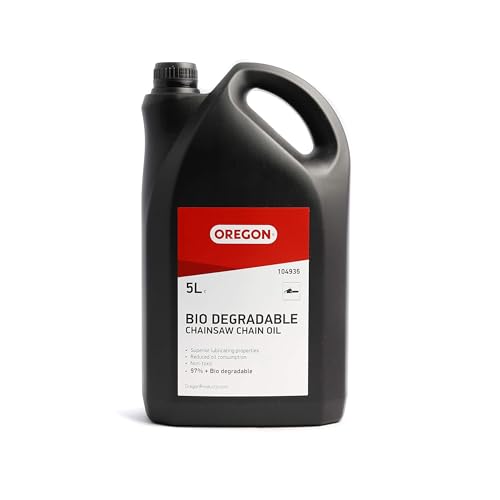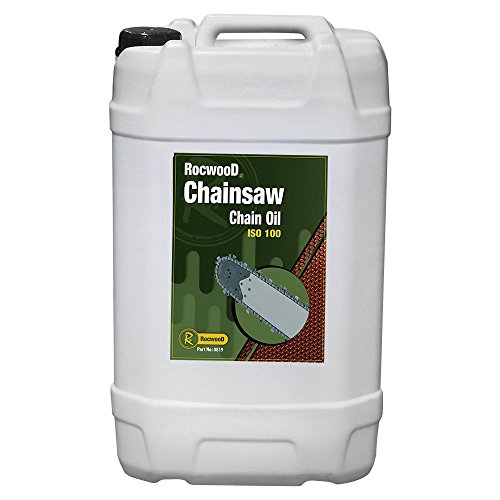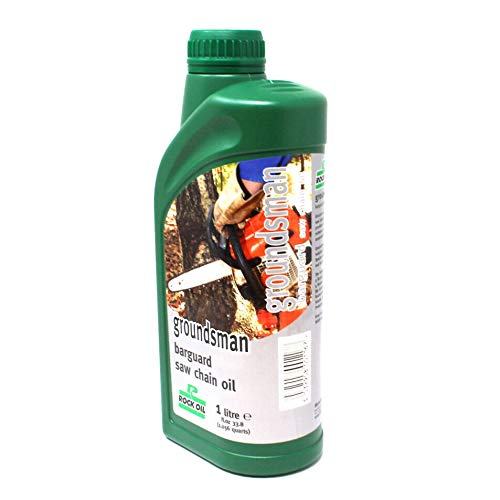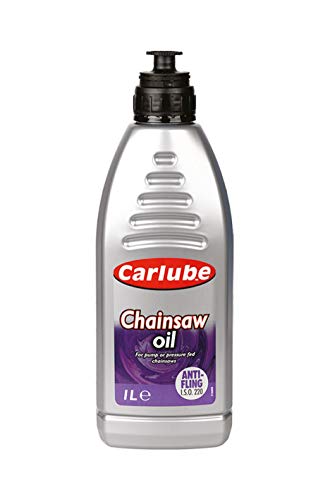Understanding Chainsaw Oil: Why It’s Essential for Performance
The Role of Chainsaw Oil
Chainsaw oil plays a critical role in ensuring the smooth operation of your chainsaw. It lubricates the chain and bar, reducing friction and wear. Without proper lubrication, the chain can overheat, leading to damage and decreased performance. This oil helps maintain the efficiency of the chainsaw, prolonging its lifespan and enabling you to work effectively.
Impact on Cutting Performance
Using the right chainsaw oil not only protects the equipment but also enhances cutting performance. When the chain is well-lubricated, it cuts through wood more easily, resulting in cleaner cuts and saving you time and effort. If you’re facing tar buildup or rough cuts, improper or insufficient oiling might be the reason.
Environmental Considerations
Many chainsaw oils are specifically designed to be eco-friendly. Using biodegradable chainsaw oils can significantly reduce your environmental impact, especially if you’re working in residential areas or near wildlife. Opting for these products ensures you can maintain your chainsaw’s performance while also being mindful of the ecosystem.
Types of Chainsaw Oil: Which One Should We Choose?
Bar and Chain Oil
This is the most common type of chainsaw oil, and it’s specifically designed for the bar and chain. It has a higher viscosity than regular oil, enabling it to cling to the chain and bar, providing effective lubrication under high pressure.
Biodegradable Oils
For those concerned about the environment, biodegradable oils are an excellent choice. They are made from natural, renewable resources and break down more quickly when they enter the environment, reducing pollution. They perform similarly to traditional oils but with the added benefit of being eco-conscious.
Synthetic Oils
Synthetic chainsaw oils are engineered to provide superior lubrication and performance in various conditions. They can withstand high temperatures and resist breakdown better than petroleum-based oils. If you frequently use your chainsaw in challenging environments, synthetic oils could be the best choice for you.
How to Properly Use and Maintain Chainsaw Oil
Filling the Oil Tank
When filling the chainsaw oil tank, ensure that you use the appropriate type of oil for your specific model. Pour the oil slowly and check for any leaks. Avoid overfilling, as it can lead to spills and messy work areas.
Regular Checks
It’s essential to regularly check the oil level while using your chainsaw. A simple glance at the oil sight window should suffice. If your chainsaw runs low on oil, the chain will not be adequately lubricated, jeopardising performance and potentially damaging the equipment.
Cleaning and Maintenance
After each use, clean the chainsaw bar and chain by removing any sap and debris. This not only ensures better performance but also keeps your oil flow consistent. Scheduled maintenance, such as changing the oil and cleaning the filter, helps in maintaining efficiency and longevity.
Top Chainsaw Oil Recommendations for Every User
Best for General Use
For most users, a bar and chain oil that is moderately priced yet highly effective will suffice. Look for options that specify compatibility with your chainsaw type, ensuring ease of use and effectiveness.
Best for Eco-Conscious Users
If you wish to be environmentally responsible, biodegradable chainsaw oils are readily available at various price points. Ensure that they meet your specific performance needs and check for user reviews that highlight their effectiveness in different conditions.
Best for Heavy Duty Users
For those who frequently work in tough conditions, synthetic chainsaw oils offer the durability and performance needed. They may come at a higher price but are often worth the investment due to their superior properties.
Tips for Storing Chainsaw Oil Safely and Effectively
Choose a Suitable Location
Store your chainsaw oil in a cool, dry place away from direct sunlight or extreme temperatures. Avoid areas that could be exposed to moisture, as water contamination can affect oil quality.
Proper Containers
If you’re transferring chainsaw oil to another container, ensure it is clean and approved for oil storage. Using the original container is often the best option, as it’s designed to protect the oil’s integrity.
Labeling and Rotation
Always label your oil containers, including the type of oil and date of purchase. Practice the first-in-first-out method; use older oil first to maintain freshness and performance.





















